The Department of History is home to one of the most popular majors on the Yale campus and encompasses the histories of Africa, Asia, Europe, the Middle East, and North and South America. Courses range in focus from the earliest recorded historical periods up through the modern day. Students are required to study history from a variety of geographical, chronological, and methodological perspectives, utilizing source materials wherever possible. The department also houses the History of Medicine and Science major. Learn more at http://www.yale.edu/history
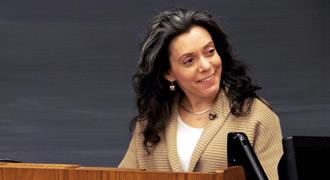
The American Revolution
The American Revolution entailed some remarkable transformations--converting British colonists into American revolutionaries, and a cluster of colonies into a confederation of states with a common cause--but it was far more complex and enduring than the fighting of a war. As John Adams put it, "The Revolution was in the Minds of the people... before a drop of blood was drawn at Lexington"--and it continued long past America's victory at Yorktown.
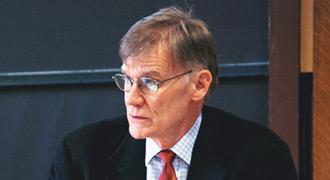
The Civil War and Reconstruction Era, 1845-1877
This course explores the causes, course, and consequences of the American Civil War, from the 1840s to 1877. The primary goal of the course is to understand the multiple meanings of a transforming event in American history. Those meanings may be defined in many ways: national, sectional, racial, constitutional, individual, social, intellectual, or moral.
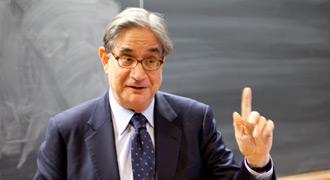
The Early Middle Ages, 284–1000
Major developments in the political, social, and religious history of Western Europe from the accession of Diocletian to the feudal transformation. Topics include the conversion of Europe to Christianity, the fall of the Roman Empire, the rise of Islam and the Arabs, the "Dark Ages," Charlemagne and the Carolingian renaissance, and the Viking and Hungarian invasions.
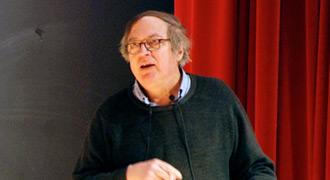
European Civilization, 1648-1945
This course offers a broad survey of modern European history, from the end of the Thirty Years' War to the aftermath of World War II. Along with the consideration of major events and figures such as the French Revolution and Napoleon, attention will be paid to the experience of ordinary people in times of upheaval and transition. The period will thus be viewed neither in terms of historical inevitability nor as a procession of great men, but rather through the lens of the complex interrelations between demographic change, political revolution, and cultural development.
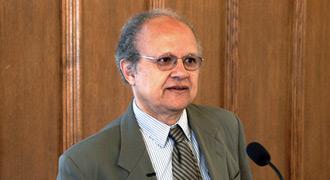
Epidemics in Western Society Since 1600
This course consists of an international analysis of the impact of epidemic diseases on western society and culture from the bubonic plague to HIV/AIDS and the recent experience of SARS and swine flu.
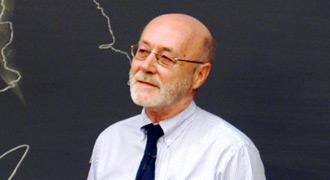
Early Modern England: Politics, Religion, and Society under the Tudors and Stuarts
This course is intended to provide an up-to-date introduction to the development of English society between the late fifteenth and the early eighteenth centuries.
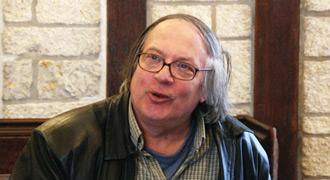
France Since 1871
This course covers the emergence of modern France. Topics include the social, economic, and political transformation of France; the impact of France's revolutionary heritage, of industrialization, and of the dislocation wrought by two world wars; and the political response of the Left and the Right to changing French society.